How to become a bestselling author
The proliferation of social media and online news portals have completely altered the dynamics of book promotion and how a bestselling book is created today.
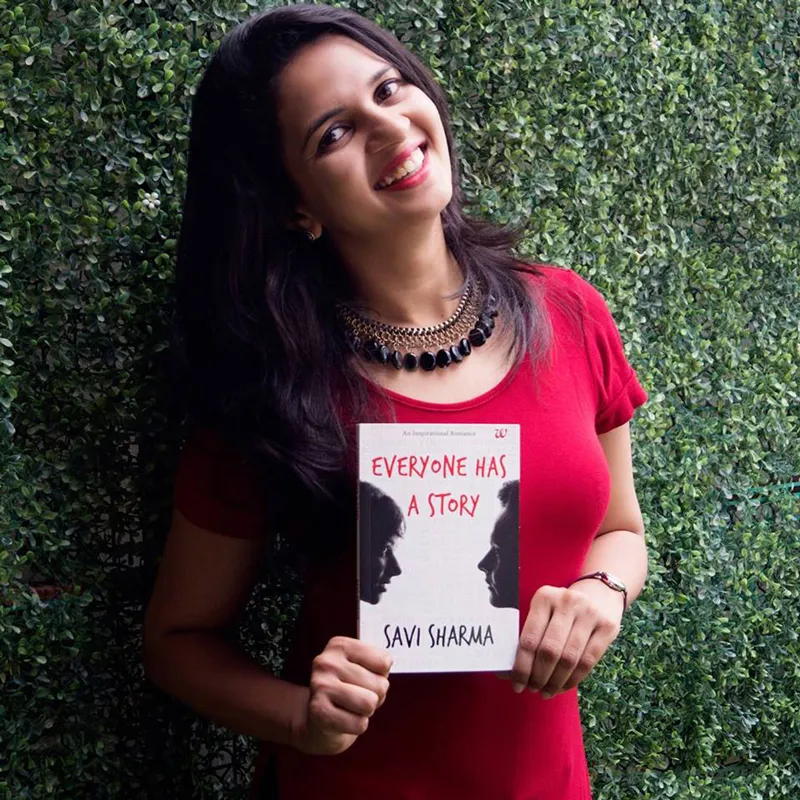
According to bestselling author Savi Sharma, “If used smartly, there is no greater platform than social media to connect with amazing readers around the world. Book review sections are disappearing from newspapers, people are spending more time on their smartphones and more readers are turning to internet book sites. Today, more than ever before, social media plays a vital role in helping individuals make their reading choices.”
Most pre-publication promotions for top authors, including pre-order campaigns, are exclusively carried out on Facebook and Twitter by engaging readers with cover reviews, select extracts, and so on.
“The pre-order period is crucial for these bestselling authors,” says Amrita Talwar, marketing manager of HarperCollins India. In fact, according to another senior publishing professional, very often social media data is analysed in order to decide which city to host an offline launch for a new book or writer. Most of the new-age bestselling authors have the majority of their readership in small, far-off towns. These readers can stay connected with the authors only via social media.
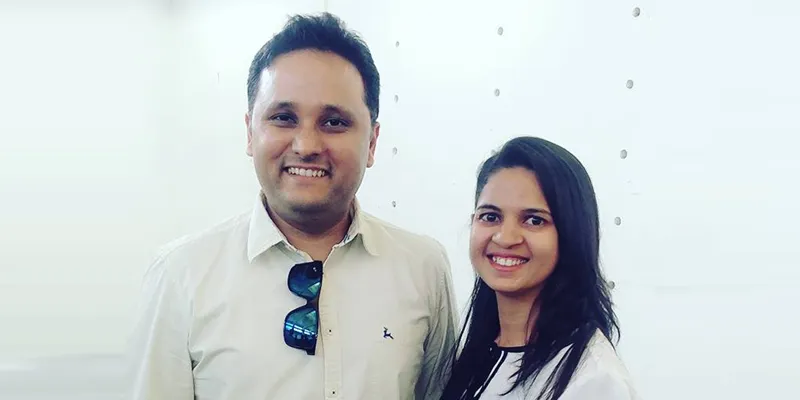
Social media is cheap and universal without the numerous expenses of a physical launch or the limited and fleeting coverage of traditional media. For a few thousand rupees, authors can boost their posts and videos on Facebook, ensuring they reach out to a certain number of people.
Here are five golden rules on how to use social media to promote your book:
Long term goal
Social media presence doesn't come overnight. Most top writers have taken years to build a strong, engaged following on Facebook or Twitter. It doesn't make sense to hastily set up a Facebook account for your book or an author page a few weeks or months before your book launch, and then expect readers to like and follow it.
Engagement
It’s important to engage with your readers on a daily basis or as frequently as possible. Bestselling romance writer Ravinder Singh shares a thoughtful quote with his huge following almost on a daily basis. Savi Sharma also puts up videos and posts regularly. One of her recent posts asked readers to guess the title of a gift-wrapped book, which she had just purchased on Amazon.
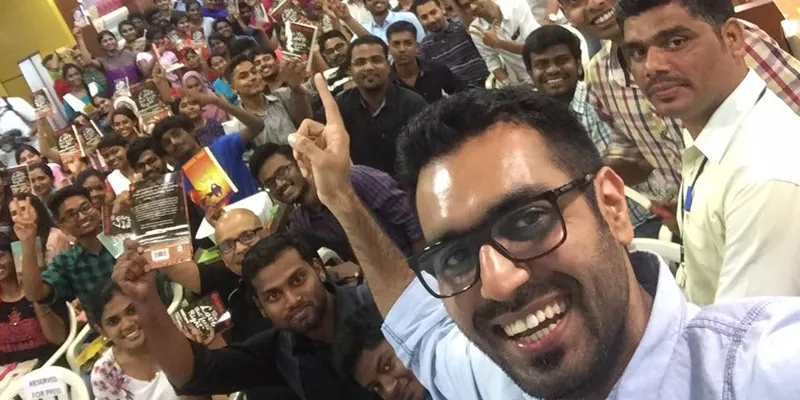
One reason why authors like Ravinder, Durjoy, and Savi click is because they are very accessible to and friendly with their loyal readers. They remember every single fan mail they get (and they get hundreds every day), and make sure they respond to most of them. Ajay K Pandey, author of the bestselling You are My Best Wife, gets around seven to eight messages on Facebook every day. "If I am busy or in the office, I just tell my fans to talk to me at night but I always respond immediately," he says.
Virality
Virality is one of the most important concepts in social media promotion. Every creative campaign, ad, video or post is created with a view to getting the maximum likes, shares, and retweets. This is even more important in today’s age of online news portals, as many of them create stories and features around such viral posts and campaigns. Karthik Laxman, Founder of the satirical portal Unreal Times and author of Unreal Elections and Unreal Aliens, always designs his social media campaigns around relevant or newsy items. "It also helps if the posts or videos are shocking or provocative," he says.
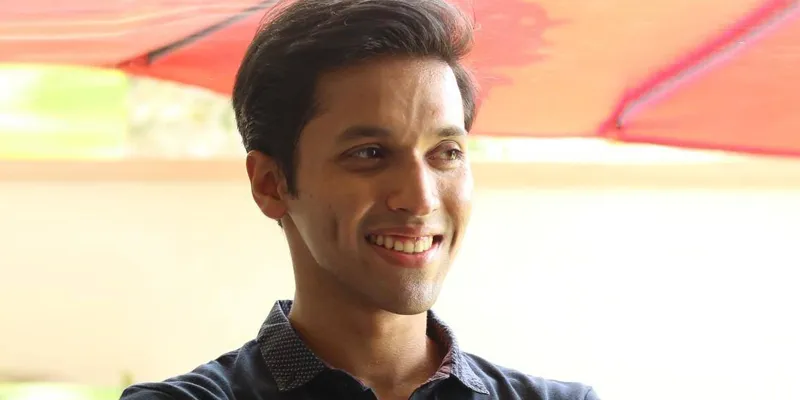
Who would know this better than Rupi Kaur, the Canad-abased poet of Punjabi origin, who managed to sell lakhs of her debut poetry book, after Instagram blocked provocative pictures of her lying in bed with blood on her clothes and on the sheets. In an interview to BBC, Kaur said, "I wasn't being provocative. […] When I initially put it up I knew there would be some controversy and some hate comments and then it would go away. Never in a million years did I expect it to be on every major headline everywhere." This is a perfect example of a social media windfall.
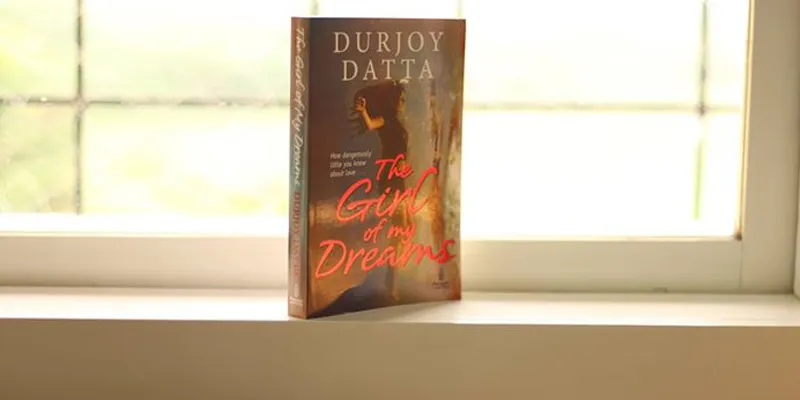
Several controversial tweets of Chetan Bhagat, and in recent times, Twinkle Khanna, have gone viral and been picked up by mainstream media too. Funnily enough, many of them have nothing to do with their books but they help in building their brands -- the ultimate, long-lasting goal of all media promotion.
Target audience
"Social media comes with a tricky problem. It's called short term attention span, so you have to make sure you are pushing the right content at the right time and to the right audience. When you communicate with your readers through social media, you have to grab their eye," says Savi Sharma. Social media helps authors reach out to their target audience far more easily than mainstream media.

When Ajay K Pandey was boosting his posts and videos on the Facebook page of his book, he specifically targeted women in the age group of 20-35, and also readers of Ravinder Singh and Durjoy Dutta. "My title had the word wife so I didn’t want to target very young girls. It’s also a story that would appeal to women more than men," he says. According to him, most authors aspire to reach out to Chetan Bhagat’s followers on social media, not realising that many of them are not book readers at all. This sort of concerted and focused promotion is definitely not possible in mainstream media, as one doesn’t really know who ends up reading about them, or if they read about them at all.
Facebook is King
In my conversations with many authors and publishing professionals, I have discovered that Facebook is the most widely used and effective social media tool for marketing books. "Facebook readers engage the most with content," a publishing professional told me. He added that Twitter is used mainly for the dissemination of information and campaigns are also affected by the character restriction while Instagram just uploads pictures and cannot be used for sharing links.







